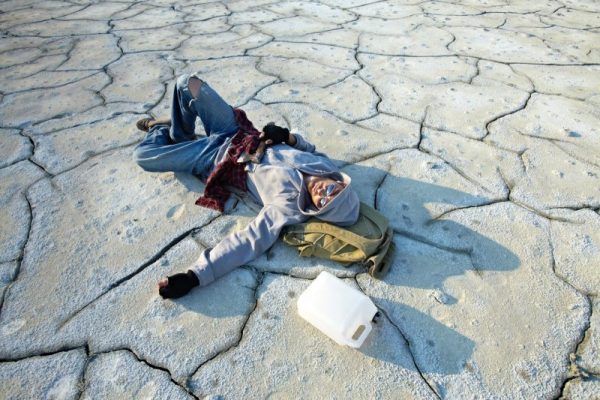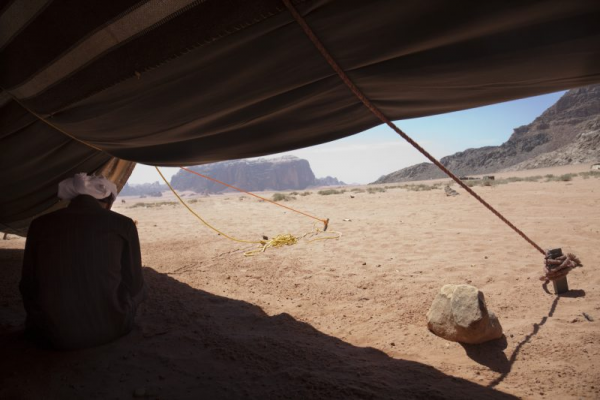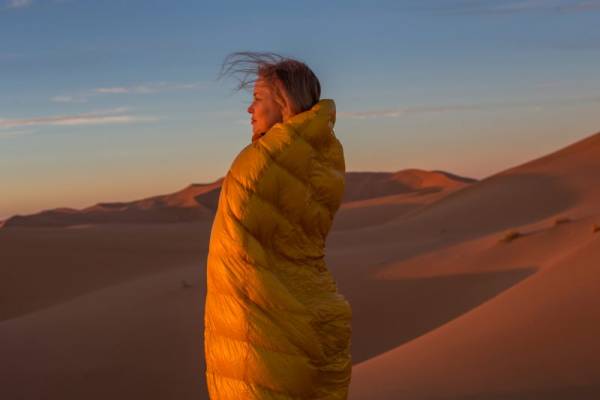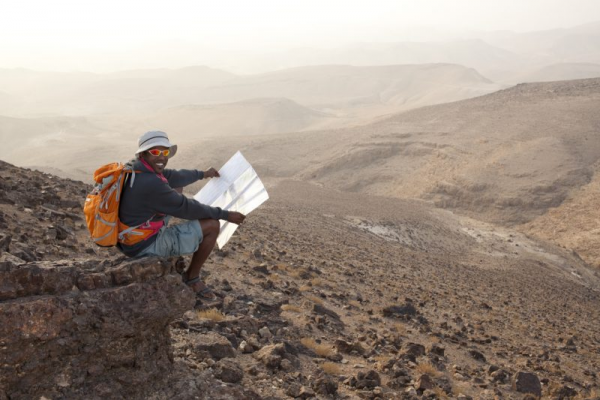Top 10 Survival Skills In The Desert You Have To Have the Basics
Survival Skills: Surviving in the wilderness is more important than your survival trip. You do not want your tale to become one that is told by someone else, where they have to end the story with you not being present.
Nobody wants that. That is why you must be prepared to face whatever comes at you in the wilderness.
Survival skills are basic techniques a person can use to sustain life in a natural environment. These techniques are necessary to provide basic life needs like shelter, food, and water.
Survival skills also entails knowing the difference between harmful plants and non-harmful plants, and strategic ways to avoid wild animals.
Now you see why survival skills are necessary. Well, look no further, in this article, we will take a look at ten basic survival skills every survivalist should have:
1 – Purifying water:
Water is the basic necessity of life. The human body can go three days without water. This is due to the fact that the human body itself is made up of 60 percent of water, and it demands for regular rehydration. There are several methods to purifying water in the wilderness. One of the easiest is through boiling.

If you have a pot, then this is a great option for you. However, while this method will kill any potentially harmful microorganisms, it doesn’t clean out any dirt or debris. You can easily filter your water for consumption prior to boiling in very easy steps.
– You need a bottle which you will cut open at the base to create something that resembles a cone.
– You will also need a cotton cloth which will act as your filter material. Place it at the bottom of the bottle, and then add gravel to the material.
– Now, fill the cone-shaped bottle with sand.
– Pour some water through the filter, clean water should be gotten now.
2 – Building a shelter:
Your shelter is one of the most important things. Shelter protects you from harsh weather conditions, and from animals (if strong enough). Even though most people carry foldable shelters, the ability to build shelters in case of emergency is a skill every survivalist should have. You just don’t know when it might come in handy.

3 – How to light a fire:
Fire is a life-saver and can be used for a number of things: a source of heat, light, smoke or cooking. As a survivalist, you should know how to light a fire without a lighter or matchsticks. You can learn how to start fire with the use of dry sticks, or try the hand-drill friction method.
4 – How to signal to rescuers when you are lost:
Getting lost in the wilderness is a whole new level of dangerous. There’s a high chance that you might never be found, and you’d have to find your way back on your own.
This is why it is necessary that you know how to properly signal to rescuers. Signalling is the act of drawing attention to yourself — to properly signal, you must be different from your environment. Use something that has a distinct color, making it easily noticeable against your surroundings.

5 – Learn basic medical skills:
An injury can quickly go from bad to worse if you have no first aid idea. You should learn how to tend to common injuries, such as a sprained ankle or snake bite. Basic medical knowledge is crucial and can save your life in critical situations.
6 – Know how to get food:
For the first survival days, you most probably have your sealed food. But we both know this won’t last until the end of your camping. This is why it is important to know how to source for food in the wilderness.
In the wilderness, fruits, fish, and edible plants are your best food choices. You should have the strength to walk long terrains in search of food, and even have the ability to carry food in unfavorable conditions.
7 – Using a compass:
A compass is necessary for navigation — for knowing where you are and where you are going. With some basic knowledge of the area or a decent map, if you get lost or find your way blocked then a compass can be used to plot a new route. Learning map and compass skills will prove priceless when needed.

8 – Tying a knot:
I believe we all agree that this skill is highly underrated. Knots are useful for a number of things: sailing, sporting activities, rock climbing and so on.
They are also highly useful in a survival situation for anything from rescuing someone from a river, attaching a line to a tree for building your shelter, to hanging your food from a tree overnight. You should always carry a good length of cordage and some basic knot tying knowledge.
9 – Forecasting the weather:
This is pretty easy; know when it looks like it is going to rain, or notice signs of a coming natural disaster.
10 – Identifying plants that are safe to eat:
The wilderness is filled with a number of dangerous plants. But you can learn to identity them, and completely avoid them. Even though you may not be able to identify all the poisonous plants in the wilderness, you can learn to see pointers and at least stay on the safe side.
To Be Honoured: WW2 Bone Collector Who Was a Vital Contribution To The Allies
To master any of the skills above, you just need to dedicate your mind to learning them, and practice as much as you can. Practice with materials that will be readily available in the wilderness. You never know, you might need them to save yourself, or someone else.





